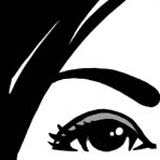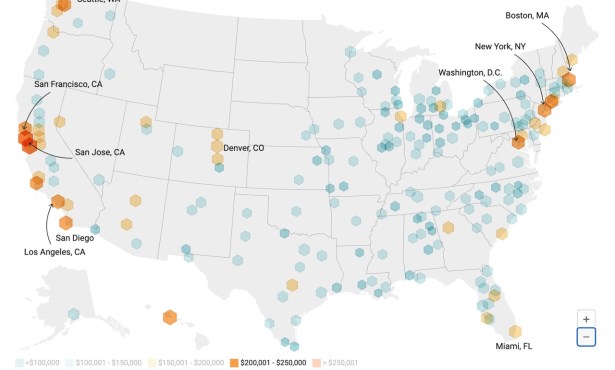Gay Girl Takes on Gay Bullying
Taking Small Steps to Curb Harassment
It took a long time for me to come out to my parents. I was in my second year of college when I first realized I might like girls, but I was closer to my reunion than my graduation when I finally told my dad about a girlfriend. And even then, I was responding to one of those direct, do-you-have-a-boyfriend questions. I wanted to be honest, but I also felt backed into a corner. Talking about it wasn’t a brave decision; it was a necessary decision.

My parents’ shock and continued disapproval have been the basis of countless crying fests, and I’m pretty sure have led to the complete funding of my therapist’s child’s college education. Although rejection by my parents cut into me a wound that continues to fester and probably will never go away, I’m lucky to have friends and coworkers who see me not only as a gay girl, but as a multidimensional person with various talents and capabilities.
But not everyone is as fortunate to have a strong support system.
For adolescents discovering that they might be gay, hostility seems to be lurking around every corner. This reality has been sprinting to a screaming climax recently, as four teens committed suicide in a matter of two-and-a-half weeks because they were taunted about being gay. Seth Walsh, 13, and Billy Lucas, 15, hanged themselves; Asher Brown, 13, shot himself in the head; and Tyler Clementi, 18, jumped off a bridge.
Furthermore, these are just the names currently grabbing the headlines. According to a recent National Education Policy Center study, suicide rates among gay students are three to four times higher than their straight peers. With statistics this striking, it’s tempting to rush to finger-pointing—it’s the school administration’s fault for not stopping the torment that leads kids to take their own lives. Or maybe we can blame the police for not enforcing hate crime laws.
Whatever the reasons—and there are bound to be many—playing the blame game won’t help. If anything, that tactic ultimately will get the conversation mired in politics, and this is not a political issue. It’s a human issue, and one that’s tangible and real and happening right now.
It’s also happening over the backdrop of an overall uptick in bullying, in person and in cyberspace. When I was growing up not that long ago, there were all sorts of measurements for what it meant to be cool. But now it seems like it’s open season on anyone who’s too much of anything—too fat, too brown, too poor, too awkward, too flamboyant. I’m reminded of Lawrence King, the Oxnard junior higher who was shot in the head in 2008 by a male classmate who King asked to be his valentine. King was just too comfortable in his own skin.
So what’s to be done about all of this? I don’t pretend to have all the answers; after all, I’m a newspaperwoman, not a sociological genius. But I think we should start small—meaning parents need to talk to their children about bullying. Regardless of one’s personal convictions on the subject of homosexuality, we should all be able to agree that severe harassing and taunting have no place in a just society. Plus, it must be equally devastating to know your child is a bully as it is to know that he or she is being bullied.
Educators play a large role in the solution, too. Although school principals should not be held singularly responsible for these teens’ suicides, they should be held accountable for fostering an inclusive learning environment within their entire staffs, from janitors to librarians, teachers to administrators.
And those of us who made it through adolescence can be more outspoken and visible in our communities, whether that means volunteering with programs for gay youth or standing up for someone we see getting harassed. Or perhaps contribute to Dan Savage’s It Gets Better Project on YouTube, where anyone can upload a video offering advice to bullied teens.
These are all small steps that ultimately can make a big difference. We owe it to these teenagers to stand together against bullies, and thus do our part to make society a less hateful place.


